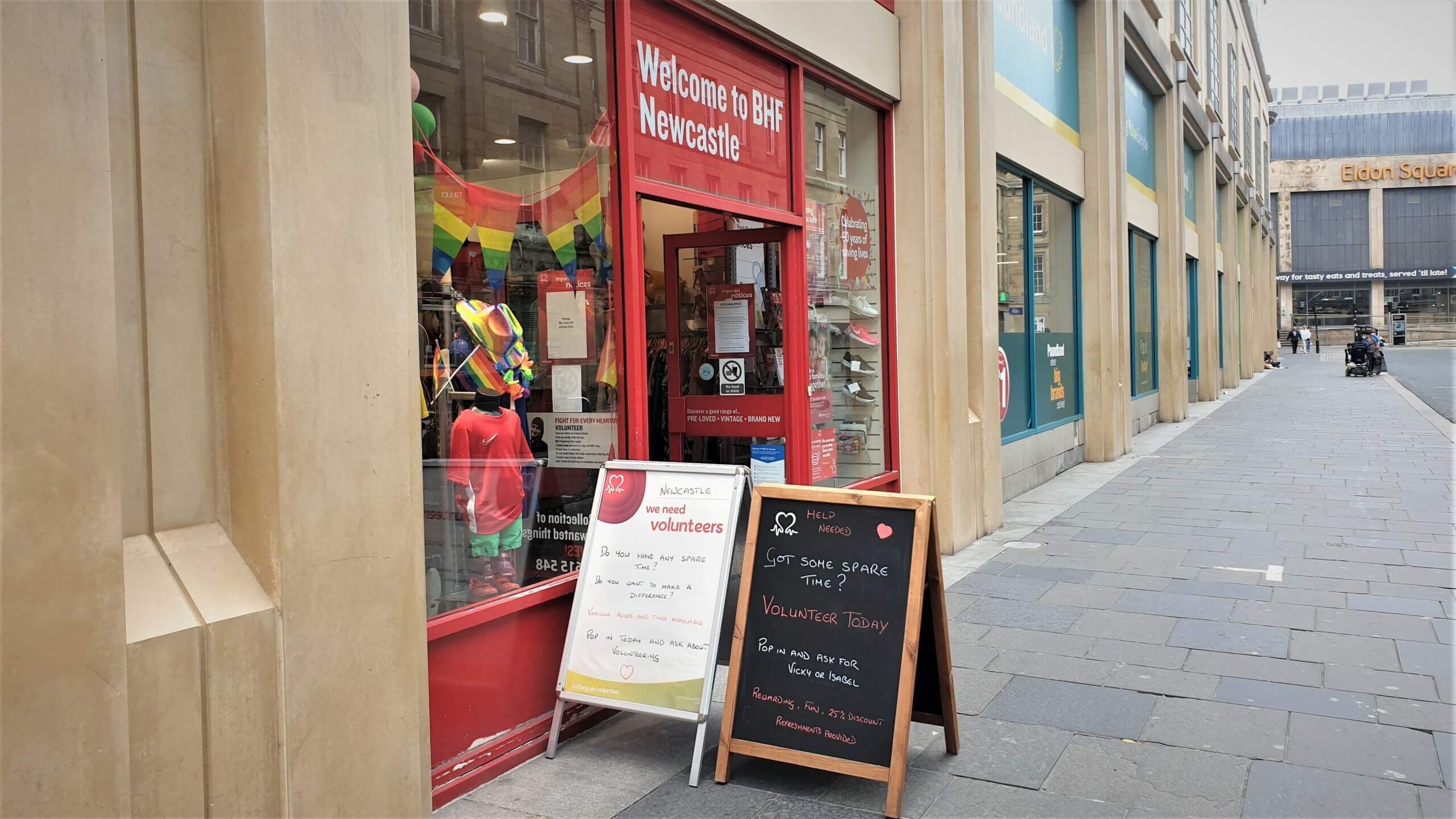
Households in Sunderland and across England are set to face the biggest council tax rises this decade from Friday (April 1).
Sunderland City Council agreed to raise the city’s council tax by four per cent earlier this month, on Wednesday March 2.
The council tax increase is 61p a week for the majority of households in Sunderland who are in a band A property. For a Band D property it is 91p a week.
Despite this increase, Sunderland’s council tax will be the lowest in the North East and among the lowest in the country for Metropolitan Authorities.
The tax raises 13 per cent of the council’s total budget and is anticipated to raise approximately £83.3m in the next year.
The leader of Sunderland City Council Councillor Paul Watson spoke about the council’s overall budget.
“I say ‘with mixed emotions’, as while there is some very positive news in respect of investment in the future of our city, there are also some very difficult decisions needing to be made in order to deliver a balanced budget,” he said.
Coun Watson added: “We are now in the sixth year of what is proving to be the most challenging of periods ever faced by local government.
“With each year, comes ever deeper cuts in funding and sadly there is no sign of this abating, with ever more pressure to be placed on local government.
“There are further reductions in public sector funding forecast through to 2020, as well as plans for further upheaval in the way local government is funded which brings with it yet more uncertainty.”
Annual bills for the average property will rise by £54.00 in most parts of the country.
Bills are set to rise by 3.6 per cent in between 2016 and 2017 outside of London as councils hike taxes to cover the “spiralling” cost of social care and other services.
Many councils outside the capital plan to take full advantage of the 1.99 per cent maximum increase permitted without a local referendum.
According to figures from the Chartered Institute of Public Finance and Accountancy (CIPFA), councils also plan to take full advantage of the 2 per cent precept which Chancellor George Osborne is allowing for authorities providing adult social care.
According to CIPFA figures, Gateshead will see the biggest cash increase, with bills rising by £58.69.
Charlotte Ridgeway, 20, a sales advisor said: “I wasn’t even aware it was going up. I’d like to know why it’s going up. What services is the rise going to make better?”
Both CIPFA and the Local Government Association (LGA) have warned that further rises could be on the way over the coming years as councils struggle to make ends meet with funding from Whitehall squeezed.
The hikes follow a number of years in which council tax was kept down, with Government incentives for authorities which froze the levy.
In 2011 to 2012 council tax in England was frozen at the previous year’s rate.
A year later, in 2012 to 2013, the average rise was 0.3 per cent, in 2013 to 2014 it was 0.8 per cent.
While in 2014 to 2015 it was 0.9 per cent and in 2015 to 2016 it was 1.1 per cent.
CIPFA’s forecast for the average Band D rise across all of England, including London, is 3.1 per cent in 2016 to 2017.
The LGA warned that with a Government funding settlement that assumes town halls will increase their tax, “many councils feel they have no choice left” but to raise bills.
The group warned that “despite council tax rising, the quality and quantity of services on offer could drop, as the income will not be enough to offset the full impact of further funding reductions next year”.
The introduction of the National Living Wage will also create a “significant further cost pressure” for councils, the LGA warned.
Communities Secretary Greg Clark said: “Our historic four-year funding deal for councils both gives them certainty to plan ahead, and meets the clear request to prioritise care for our elderly population with a £3.5 billion social care funding package.
“It means councils have the freedom to set a social care precept as part of local bills, with excessive council tax increases still subject to local referendum to protect council taxpayers.
“Even with these changes, council tax will still be lower in real terms in 2019/20 than in 2009/10 – and this year’s increase will still be lower than the average 6.2% annual increase between 1997 and 2010.”



